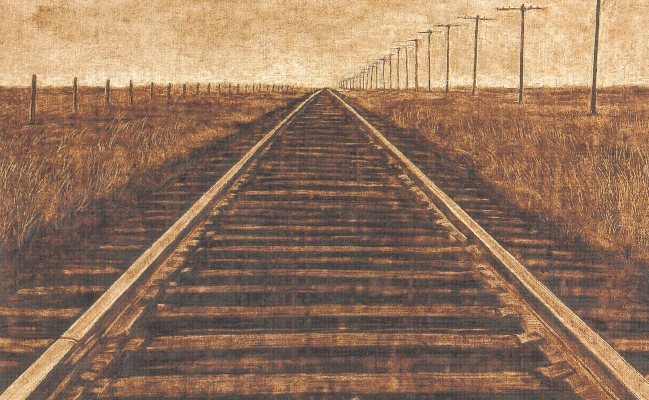had to move out of our home. We stayed at a hotel for two days, where my father still wrote visas for the many refugees who followed him there.
Then it was time to leave Lithuania. Refugees who had slept at the train station crowded around my father. Some refugee men surrounded my father to protect him. He now just issued permission papers—blank pieces of paper with his signature.
As the train pulled away, refugees ran alongside. My father still handed permission papers out the window. As the train picked up speed, he threw them out to waiting hands. The people in the front of the crowd looked into my father’s eyes and cried, “We will never forget you! We will see you again!”
I gazed out the train window, watching Lithuania and the crowd of refugees fade away. I wondered if we would ever see them again.
“Where are we going?” I asked my father.
“We are going to Berlin,” he replied.
Chiaki and I became very excited about going to the big city. I had so many questions for my father. But he fell asleep as soon as he settled into his seat. My mother and Auntie Setsuko looked really tired, too.
Back then, I did not fully understand what the three of them had done, or why it was so important.
I do now.
